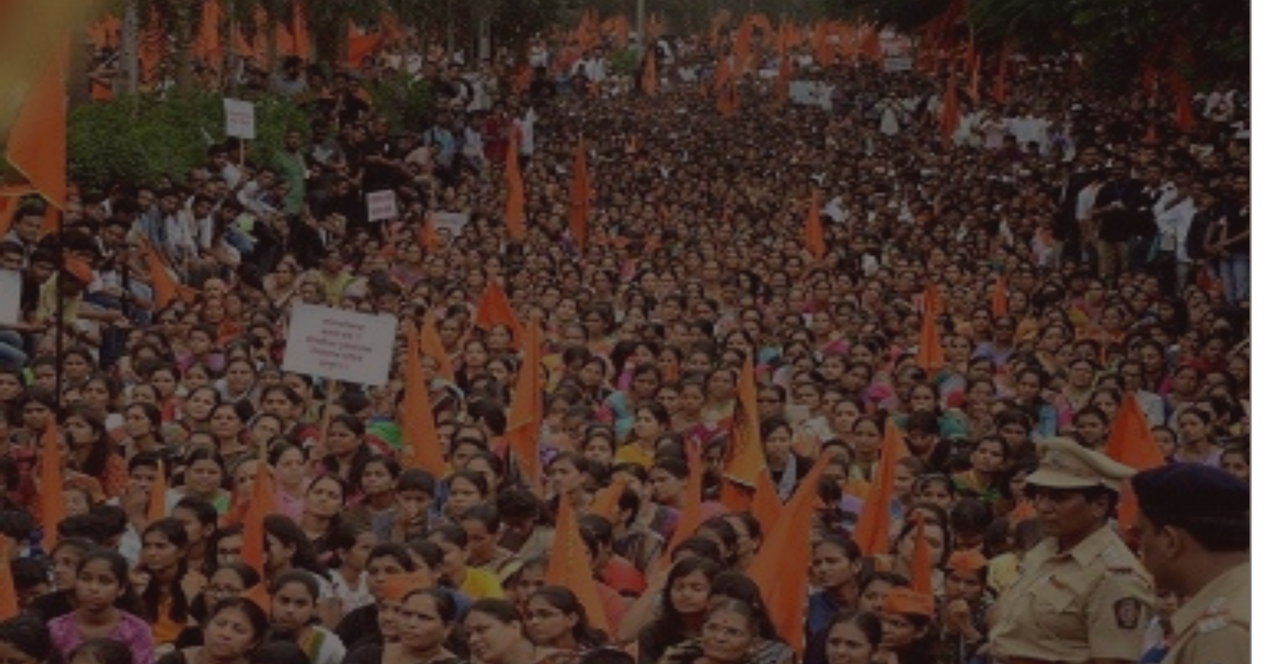Analysis
States Cannot Recognise OBCs: How Will this Judgment be Implemented?
The Court has dismissed the review petition on the Maratha judgment. The Union must now begin consultations for a Central OBC List.

By a 3:2 majority, the Maratha judgment had held that the Amendment took away States’ powers to identify ‘socially and educationally backward classes’. This is the category under which many States and the Centre identify Other Backward Classes (OBCs), and provide them with reservations.
In an order dated 28 June, a five-judge Bench dismissed the application for review on the Maratha judgment. The Union had filed the review petition, seeking the Court’s reconsideration of its interpretation of the 102nd Constitutional Amendment Act, 2018.
Unless the judgment is reversed through a Constitutional Amendment, or other means, the Union Government must implement it. In this post, we explore the path forward.
The implementation of the ruling would require the Union to follow the process laid out in the newly added Articles 338B and Article 342A.
Article 342A(1) states that the ‘Central List’ must be notified by the President. This means the Union Government will have the power to make the List and advise the President to notify this.
However, within the ‘Central List’, there is a provision to recognise certain groups in a certain State only. So, for example, a community can be recognised as an OBC in Karnataka alone. The Article requires that the List made for each State is made after consultation with the Governor of the State. The Governor acts on the advice of the Government of each State, so effectively all State governments will be consulted.
Justice Ashok Bhushan’s opinion also pointed out that Article 338B(9) requires the Centre and States to ‘consult’ the National Commission for Backward Classes on all policy matters. He has clarified that this includes whether a community should be identified as an OBC.
He has held that while a ‘consultation’ is not binding it must still be ‘meaningful, effective and conscious’. This would require the Union to have a substantive consultation with both the NCBC and States. However, only Nazeer J had agreed with Bhushan J’s opinion in whole. It is unclear if the other judges agreed with this part of Bhushan J’s judgment, and to what extent it applies.
After the process of consultation, the President will notify a single, comprehensive List. This List can then be changed only by Parliament through legislation. No State List will be valid.
However, after identification, the decision of who will be given reservations or other benefits is still within the powers of both the Centre and the State, where applicable. Until this process is complete, the current regime with State Lists will continue. The Maharashtra Government is likely to recommend the inclusion of Marathas when this process begins.
Wadekar and Kisana have recently pointed out that exercising this option might endanger the OBC status of many communities. Most States have more communities on their State List than the Central List. Questions may also be raised about the feasibility of conducting the consultation process during the COVID pandemic. And whether it would satisfy democratic requirements since the public may not have the capacity to engage with the consultation when a majority of the country is preoccupied with a pressing health crisis.